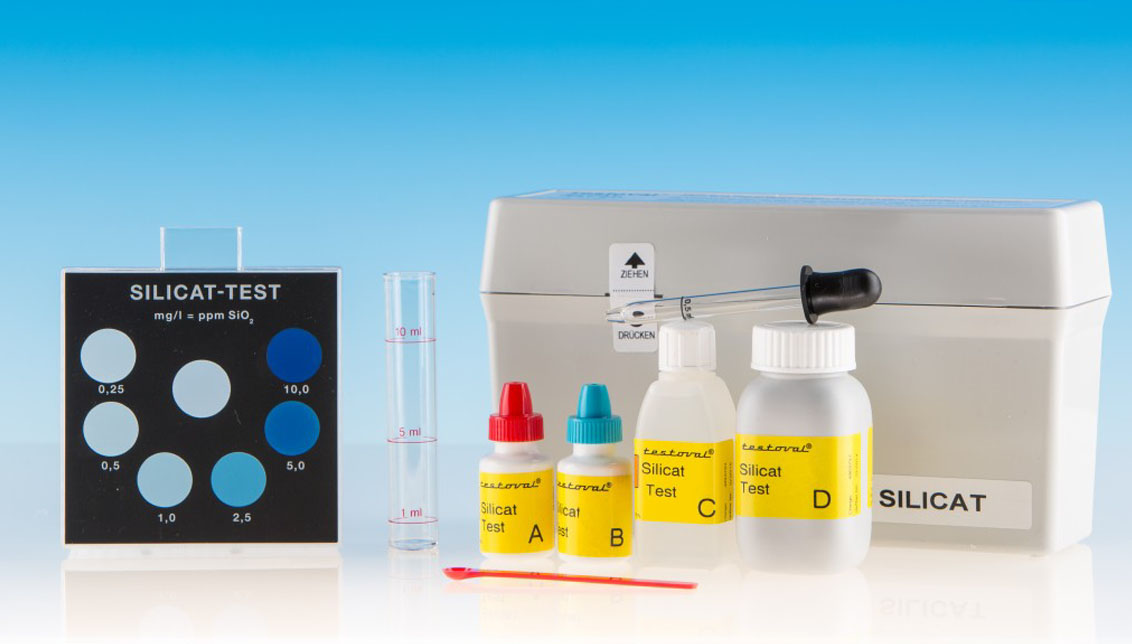Phosphate plays an important role in water treatment as it is used as an anti-corrosion agent to ensure the longevity of pipework and systems. In water-bearing systems, phosphate forms a protective layer on the surfaces of the pipes, which prevents corrosion and thus preserves the integrity of the systems. This function is particularly important in hospitals and clinics, where corrosion can not only affect the lifespan of the systems, but also deteriorate the water quality.
In medical facilities that depend on a reliable and hygienically perfect water supply, regular monitoring of the phosphate content is therefore essential. An optimum phosphate content not only protects against corrosion, but also helps to prevent the formation of deposits and biofilms. Biofilms can act as a breeding ground for bacteria and therefore increase the risk of infection, which is why constant monitoring is important.
Regular monitoring of phosphate levels ensures that the water quality meets the highest hygiene standards and that the water remains suitable for clinical use. Monitoring phosphate levels is crucial to protect water pipes from damage and prevent the spread of germs. This ensures a safe and reliable water supply in clinics that meets the requirements of modern water treatment.
Filter products




